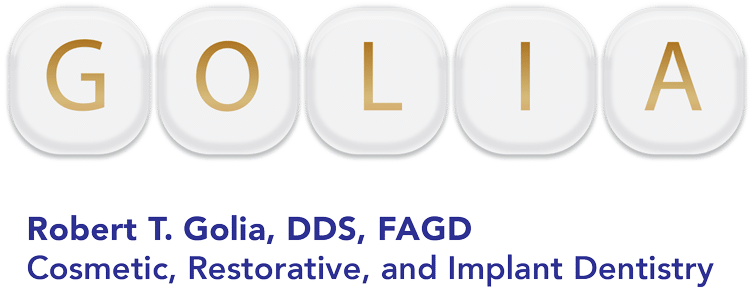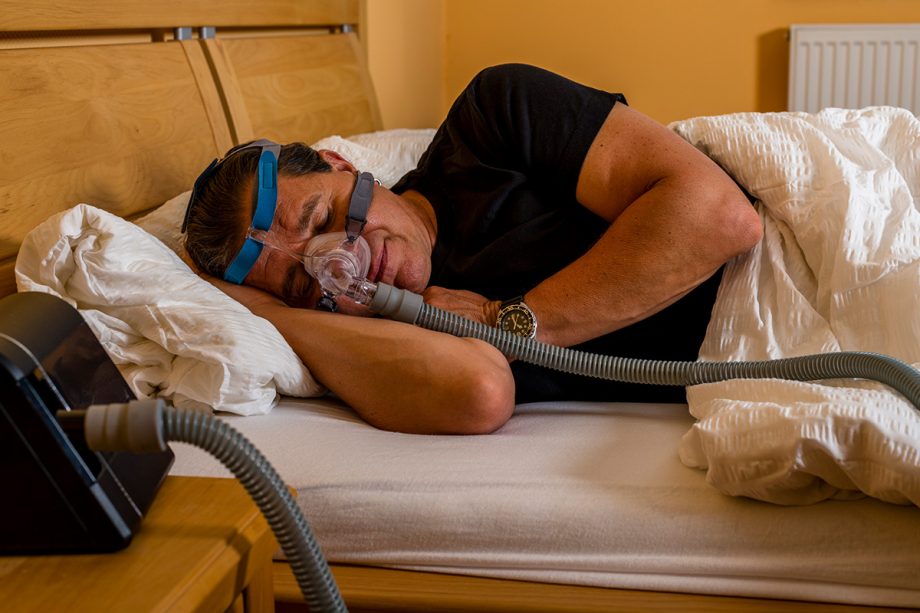Sleep apnea is a sleep disorder that affects your breathing. It is often characterized by loud snoring that eventually leads to a complete obstruction of your airway. As your breathing is obstructed it interrupts your sleep and prevents you from getting adequate rest at night.
How is sleep apnea treated? Can it be cured? Learn the answers to these questions and more about sleep apnea.
What is Sleep Apnea?
Obstructive Sleep Apnea (OSA) is a disorder that affects your sleep. When you lay down at night and fall asleep, especially on your back, your tongue and the soft tissues of your mouth slide back toward your throat and block your airway. Snoring is a sign of a partially blocked airway caused by vibrations of your mouth tissues as your breath moves over them.
Sleep apnea occurs when your airway becomes completely blocked and you stop breathing for seconds or even a minute or more. As your brain registers the lack of oxygen it rouses you from sleep enough that you can change positions and resume breathing. This interrupts your natural sleep cycles throughout the night, preventing you from achieving quality, restful sleep.
Treatment for Sleep Apnea
Sleep apnea is typically treated in one of two ways:
- Oral appliance. An oral appliance is a custom made mouthpiece you wear at night that positions your jaw to prevent your tongue and throat tissues from sliding back to block your airway.
- CPAP machine. A Continuous Positive Airway Pressure (CPAP) machine consists of a mask you wear over your mouth and nose that delivers a constant flow of air that keeps your airway open while you sleep.
Many patients prefer an oral appliance because it is quiet, comfortable, and compact for easy travel.
Possible Cures for Sleep Apnea
In some situations sleep apnea can be permanently cured with specific treatments and surgical procedures:
- Tonsillectomy. If the cause of your sleep apnea is enlarged tonsils or adenoids, they can be removed to open your airway.
- Jaw surgery can change the shape of your jaw so that your tongue sits properly against the roof of your mouth and won't slide back toward your throat.
- Orthodontic treatment. Braces or Invisalign may be able to change the shape of your jaw and the position of your teeth enough to cure your sleep apnea.
- Laser therapy. There is a laser procedure that can tighten up the tissues of your throat to prevent them from relaxing and collapsing while you sleep.
Benefits of Sleep Apnea Treatment
Getting treatment or seeking a cure for your sleep apnea offers many benefits:
- You’ll get better quality sleep and feel more rested when you wake up.
- You’ll have more energy throughout the day.
- You have a better chance of avoiding other health issues such as heart disease and stroke.
- Your immune system will be stronger so you are more likely to avoid getting sick.
- Your partner can get better quality sleep.
Who Treats Sleep Apnea?
Not every case of sleep apnea requires a visit to a sleep specialist. Talk to your dentist about your snoring and sleep apnea symptoms for a much simpler diagnosis and treatment option.
Golia Dental provides sleep apnea treatment in the form of custom made oral appliances. When you come to us with your symptoms we can provide a diagnosis and solution that will help you sleep better at night and have more energy throughout the day.
Call 203-248-7400 or contact us to learn more and schedule an appointment.

